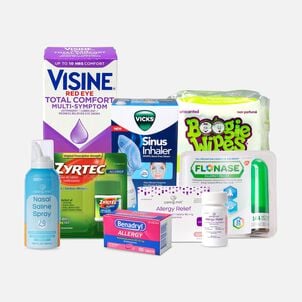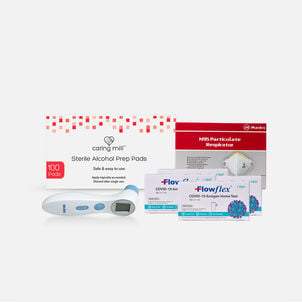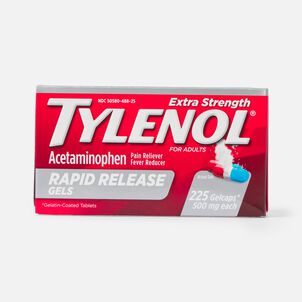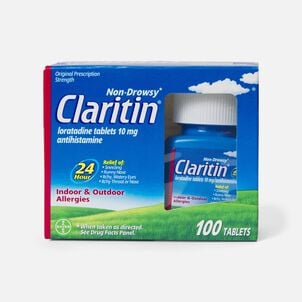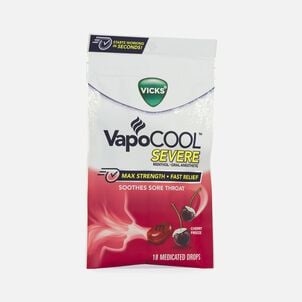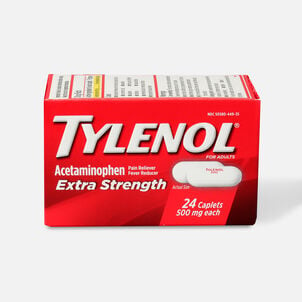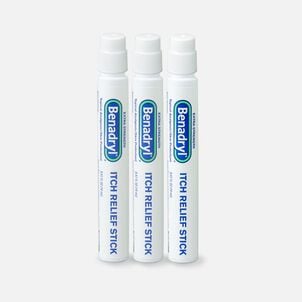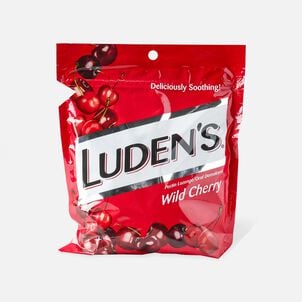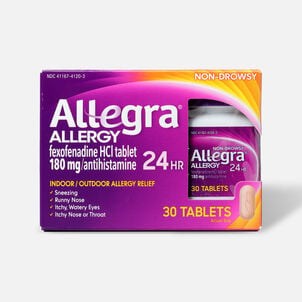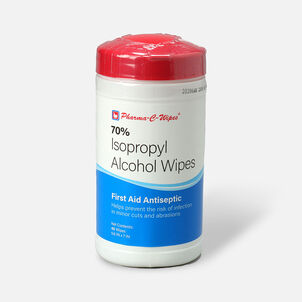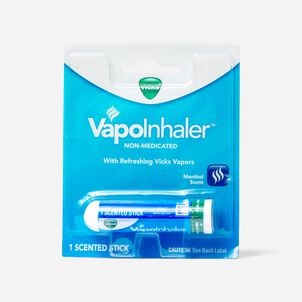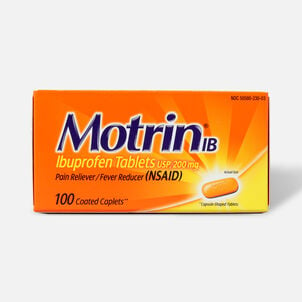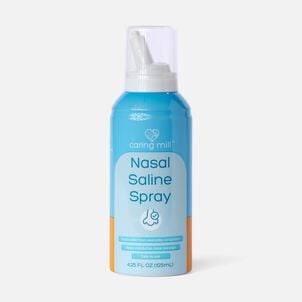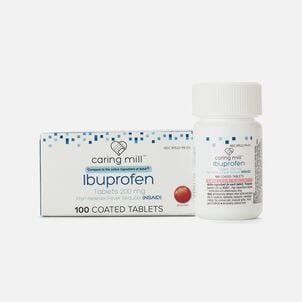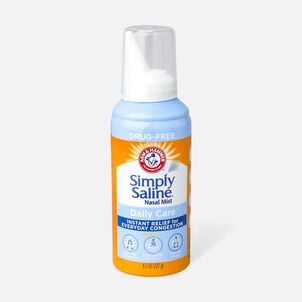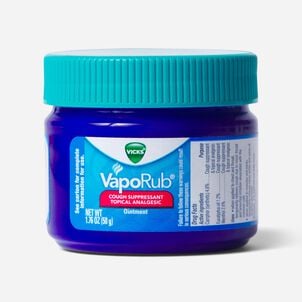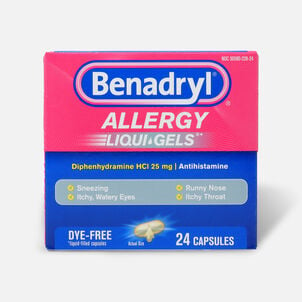The Complete FSA Eligibility List
Here it is — the most-comprehensive eligibility list available on the web. From A to Z, items and services deemed eligible for tax-free spending with your Flexible Spending Account (FSA), Health Savings Account (HSA), Health Reimbursement Arrangement (HRA) and more will be here, complete with details and requirements. Important Reminder: FSAs, HRAs and other account types listed may not all be the same. Be sure to check with your administrator to confirm if something is eligible before making a purchase.
Here it is — the most-comprehensive eligibility list available on the web. From A to Z, items and services deemed eligible for tax-free spending with your Flexible Spending Account (FSA), Health Savings Account (HSA), Health Reimbursement Arrangement (HRA) and more will be here, complete with details and requirements. Important Reminder: FSAs, HRAs and other account types listed may not all be the same. Be sure to check with your administrator to confirm if something is eligible before making a purchase.
Cough Suppressant: FSA Eligibility
Cough Suppressant: eligible with a Flexible Spending Account (FSA)FSA Eligible Cold Medicine
How do cough suppressants work?
Cough suppressants, also referred to as antitussives, are OTC medications that are designed to treat recurring dry coughs that are commonly associated with the flu and the common cold. These medicines work to relieve coughing fits by blocking the cough reflex in the body that are typically caused by throat and bronchial irritation. Cough suppressants are typically available in syrups, lozenges, sprays, pills, gel caps and more (WebMD).
However, it's important to remember that while cough suppressants can control the cough reflex in the body, it will not treat the underlying condition, especially cough symptoms that are caused by mucous and postnasal drip. For cough symptoms that are caused by mucous buildup, cough suppressants are usually used in tandem with expectorants to create combination medicines. Expectorants are designed to thin mucous in the nasal passages to make it easier to clear out, so they are often used in tandem with cough suppressants. Additionally, other medications like antihistamines, decongestants and pain relievers may be included as well in combination medicines, which are especially helpful in treating colds that have a wide range of potential symptoms (VeryWell Health).


